Amanda De Lisio, Bournemouth University and Michael Silk, Bournemouth University, write for the Conversation.
The vibrant city of Rio de Janiero has played host to some of the world’s best parties – from Carnival, to the 2016 Olympic Games and the 2014 FIFA World Cup. Authorities have spent billions to ready the city, and each time tourists flocked in, local businesses braced for a bumper season. But these high expectations weren’t limited to legal businesses: those working within Rio’s semi-legal, underground economies thought they would benefit too. ![]()
Nowhere is this clearer than in Centro, the downtown area of Rio, tucked in the shadow of the newly-constructed Olympic Boulevard. Once home to the historic red light district, Centro has since become the beating heart of big business, with towering office blocks bearing the names of major corporations such as Petrobras, BG, Total, Chevron, Electrobras, BNDES and Vale.
And yet, a closer look at the shop fronts suggests the presence of another kind of commerce. Here, the “termas” – saunas, complete with bar and discotheque – can be spotted near the brothels and love hotels, alongside the “privés” – massage parlours operating in rented, high-rise apartment space – that comprise the infamous commercial sex industry of Brazil. In reality, the seemingly demure finance district of the nation’s former capital has never ceased to be a hub for commercial sex.

Amanda De Lisio, Bournemouth University, Author provided
The Rose Without Thorn is nestled in a quiet lane, not far from the Saara – a street market that is usually crammed with pedestrians. It was built in 2010, shortly after Rio won the bid for the 2014 FIFA World Cup in 2007, and the bid for the 2016 Summer Olympics in 2009. As an illegal brothel operating within the financial district, it survived, even thrived, alongside the decade-long Olympic facelift. It was here that we – an international research collective, partnered with Observatório da Prostituição (Prostitution Policy Watch) – came to understand the impact of event-led urban reform on Rio’s sex workers.
Rose Without Thorn
From the outside, the house has a nondescript colonial façade. But the music, which ricochets down the narrow staircase entrance and into the street, hints at something more. Inside, working-class men perch on stools, often alone with chopp (Brazilian draft beer) in hand, while women move throughout the house in barely-there lingerie and high-heeled shoes.
One of these women is Thayna (this is her “nome da batalha”, her “battle” or work name), who has worked in the house since the age of 21. Now 24, her work is the sole source of income for her and her two children. As Pedro the manager says: “She is the breadwinner for her family, if she does not work, they do not eat”.

Amanda De Lisio, Bournemouth University
In Brazil, sex work has forever existed as a semi-legal, entrepreneurial pursuit for those in search of financial stability and social security. The profession is officially recognised by the Brazilian Ministry of Labour and Employment’s classification of occupations, which can guarantee certain social securities to those registered as a “profissionais do sexo” (sex professionals). Although the adult, consensual exchange of sex for money has never been criminalised, “houses of prostitution” are still considered illegal.
As such, places such as Rose Without Thorn operate at the discretion of law enforcement and a local elite. As Rafael, a civil servant, explained: “Prostitution in Rio de Janeiro has never occurred without the involvement of police.”
Inside the cubicle-sized office space on the third floor of the brothel, the bass of the funk music is muffled by chatter. Each “programa” (a private session) is recorded in a notebook (35 a page) by a madam perched at a desk, near the top stair. On the Thursday before carnival, she had filled a page and a half by two o’clock in the afternoon, and was hopeful for at least five more.
Post-Olympic crisis
At the time, Brazil was named as the first Latin American host of an internationally-recognised sporting mega-event, and it was on the brink of economic boom. The Lula oil field (formerly, Tupi old field) was found in 2006, off the coast of Rio de Janeiro, and with it came the promise of economic prosperity. But the nation continued to rely upon the export of raw material commodities – a temporary solution, much like the sporting mega-event – instead of establishing a more sustainable, internal economy.
The ongoing Petrobras corruption scandal deflated political-economic optimism for the future, and by 2016, the state government of Rio de Janeiro was paralysed with possibly its worst recession in history. Amid halted salaries, political tumult and severe economic debt, the promise of the boom has since been long lost.

Amanda De Lisio, Bournemouth University
But people still need to earn to survive, and for some, sex work serves as a viable option for survival. And so, the economies and social networks created around commercial sex have so far survived the fall. As Simone, 54, widower, mother of five, and madam of the house expressed: “We are family too. We live together everyday. I live more with them than my own children.” She is proud yet honest about business, during this tense time:
Rose Without Thorn is famous. It is not very fancy but it is certainly well known. It is the heart of downtown! But after the [Olympic] Games, even we started to feel the crisis. No one has the money to come like before.
Before the bust, the Olympic Games was a highly anticipated business opportunity in Brazil – a time for entrepreneurial creativity and innovation. Yet many of the sex workers who anxiously awaited the boon from foreign clientele found that it did not materialise. Only a few benefited financially from the event, while well-intentioned campaigns urged authorities to crack down on “sex tourism”. The Rose Without Thorn’s manager Pedro said:
Listen, it is an illusion that FIFA or the Olympics are good for business. This is a myth. Some of the biggest [sex-related] businesses in Ipanema went bankrupt during the games. And now it is worse. The economy is a mess, so too is the government. And it all started around the games. The Olympics did not improve the situation. It only furthered the fall.

Amanda De Lisio, Bournemouth University
Instead, what surfaced was a heightened security presence in the street, provided in part by Centro Presente – a quasi-public police force, partially funded by the local commercial and business association. Thayna explained:
Look, it was good. The city was beautiful. The party was fun. I really liked that Centro Presente provided more security in the street. But business here was not great. I expected more. I prepared for more. A lot of money was spent in a city where too many people starve. I work today to give my children a better future, not to leave my daughter in public school. Healthcare is the same. I pay for education and health insurance otherwise my daughter would be without them. To spend our money on tourist fun is hypocrisy.
During the mid-afternoon lull, Thayna ate her lunch on a twin bed. As she kicked through white rice in the foil container in search of another cut of red meat, she was bored with Olympic talk, and excited about the post-carnival time. It was the first week of the unofficial Brazilian new year, and she wanted to see her brothel with a queue. She was confident that, amid Olympic dust and carnival debris, the political-economic crisis that devalued urban land and stunted police salaries will only further cement the presence of sex workers within the city’s financial core.
Names and places have been changed to protect anonymity. The authors would like to especially acknowledge the insightful contributions of Thaddeus Blanchette (Professor, Universidade Federal do Rio de Janeiro/Observatório da Prostituição), Thayane Brêtas (Research Affiliate, Observatório da Prostituição), and João Gabriel R. Sodré (Civil Servant, Defensoria Pública do Estado do Rio de Janeiro).
Amanda De Lisio, Post-Doctoral Research Assistant, Bournemouth University and Michael Silk, Professor of Sport and Social Sciences, Bournemouth University
This article was originally published on The Conversation. Read the original article.
 The MRC have developed an
The MRC have developed an 

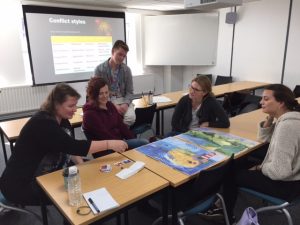

 The
The 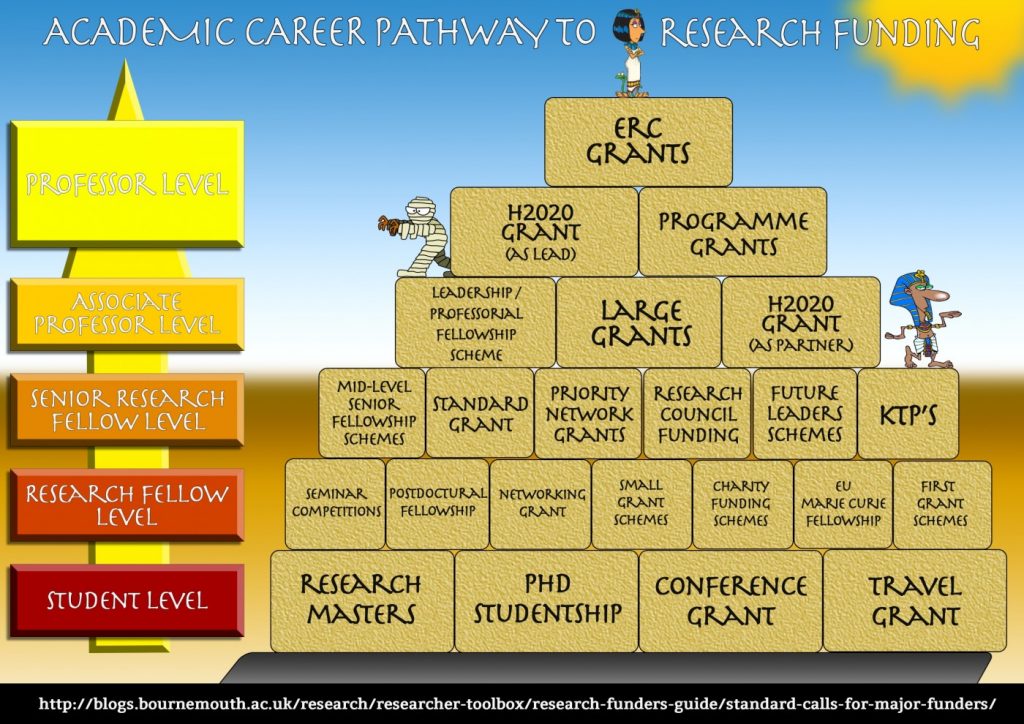

 Live online event on the 8th June 2017
Live online event on the 8th June 2017
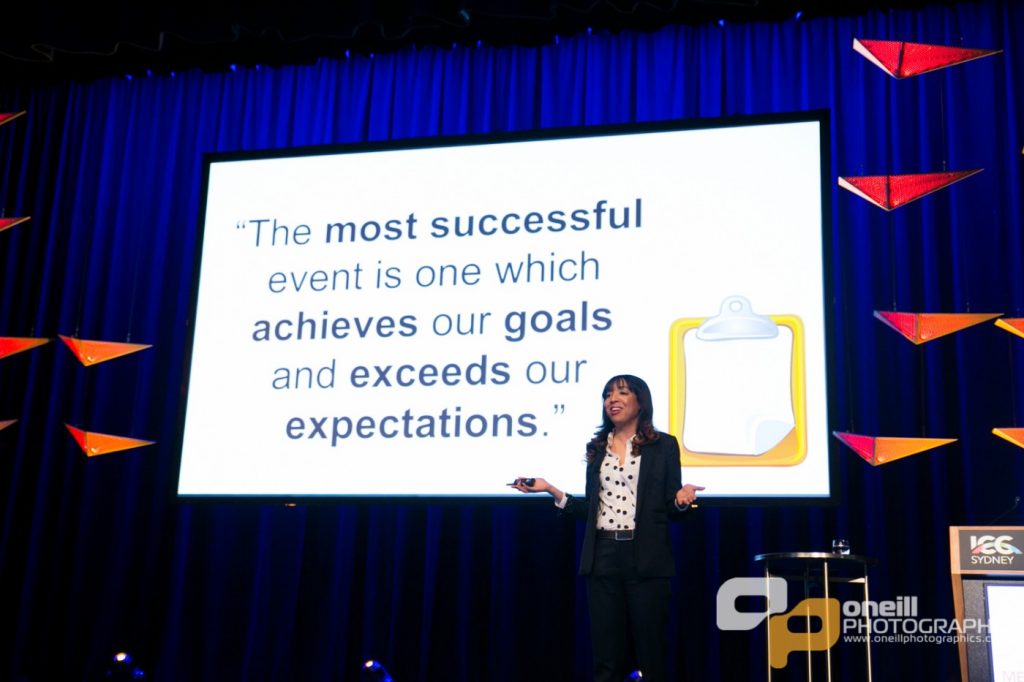
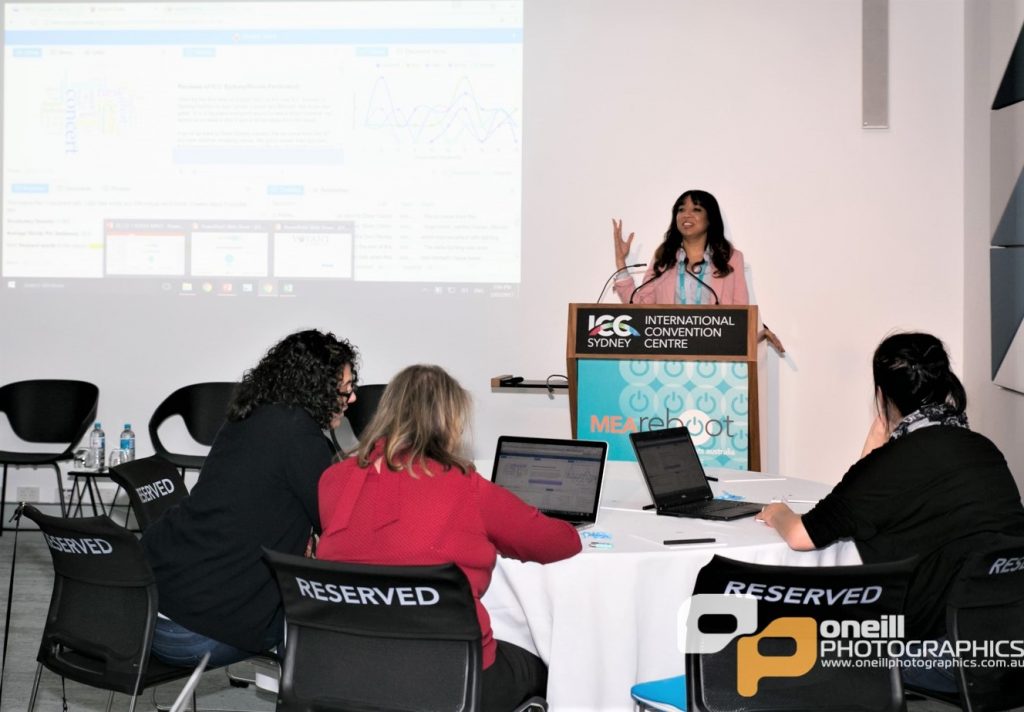

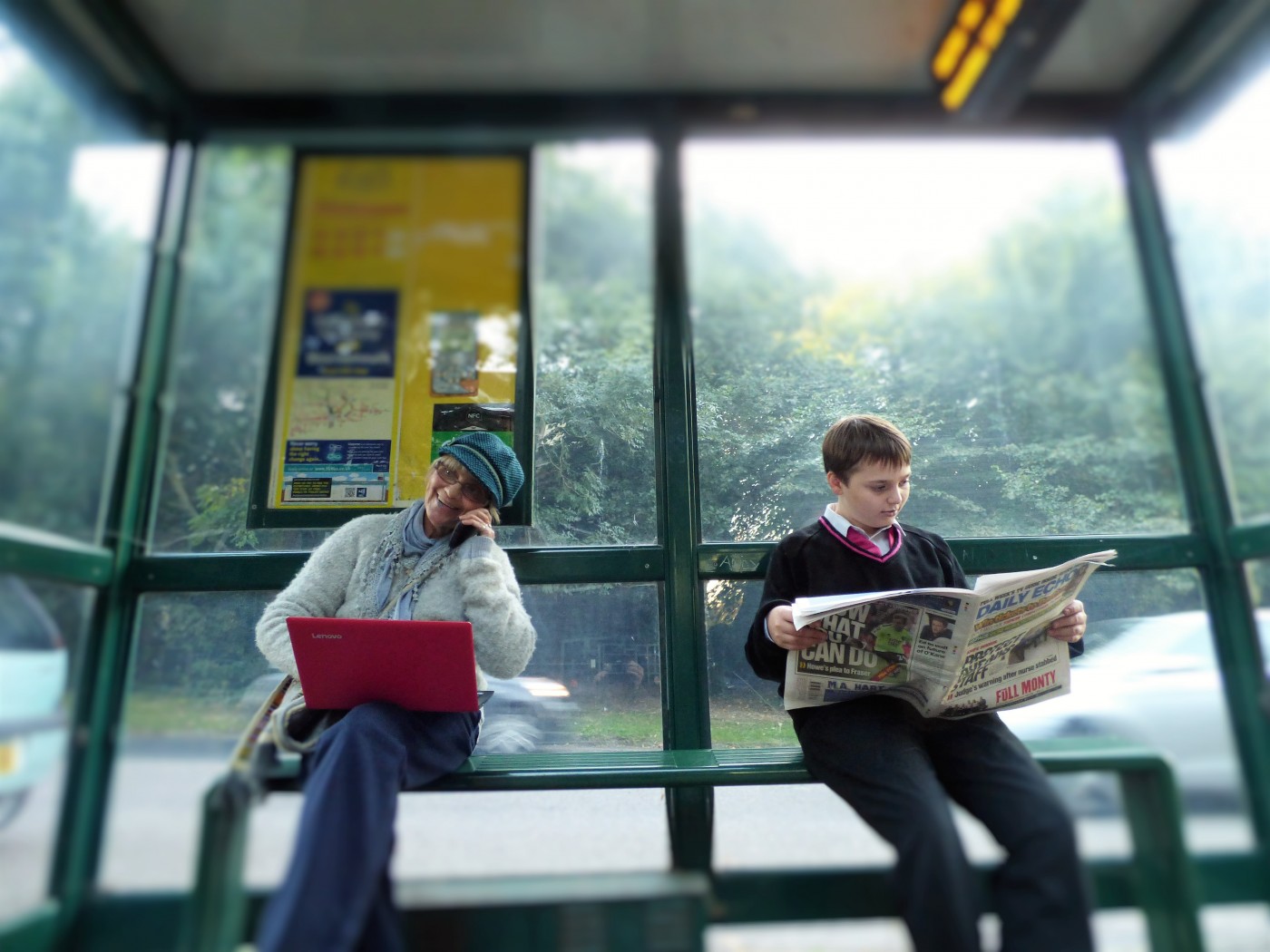
 TEA AND CAKE AT THE GRADUATE SCHOOL
TEA AND CAKE AT THE GRADUATE SCHOOL












 UK Turing Scheme: My student mobility programme in Nepal
UK Turing Scheme: My student mobility programme in Nepal Bournemouth University psychologists publish new book
Bournemouth University psychologists publish new book Connecting Research with Practice: FoodMAPP Secondment in Austria and France
Connecting Research with Practice: FoodMAPP Secondment in Austria and France Health promotion paper read 8,000 times
Health promotion paper read 8,000 times The Beautiful Work Challenge: On Birth
The Beautiful Work Challenge: On Birth MSCA Postdoctoral Fellowships 2025 Call
MSCA Postdoctoral Fellowships 2025 Call ERC Advanced Grant 2025 Webinar
ERC Advanced Grant 2025 Webinar Horizon Europe Work Programme 2025 Published
Horizon Europe Work Programme 2025 Published Horizon Europe 2025 Work Programme pre-Published
Horizon Europe 2025 Work Programme pre-Published Update on UKRO services
Update on UKRO services European research project exploring use of ‘virtual twins’ to better manage metabolic associated fatty liver disease
European research project exploring use of ‘virtual twins’ to better manage metabolic associated fatty liver disease